
GP Job Description
What is a GP Professional?
A GP, or General Practitioner, is a medical doctor who provides primary care to patients. GPs are usually the first point of contact for patients seeking medical help, and they play an important role in diagnosing and treating illness. GPs also provide preventive care, such as health screenings and vaccinations. GPs typically work in private practices, but they may also work in hospitals or community health centers.

What does a GP Expert do?
They often work closely with other healthcare professionals, such as nurses and pharmacists. The job of a GP requires good communication skills and a compassionate bedside manner. GPs must be able to build trust with their patients and gain their cooperation in order to provide effective care.
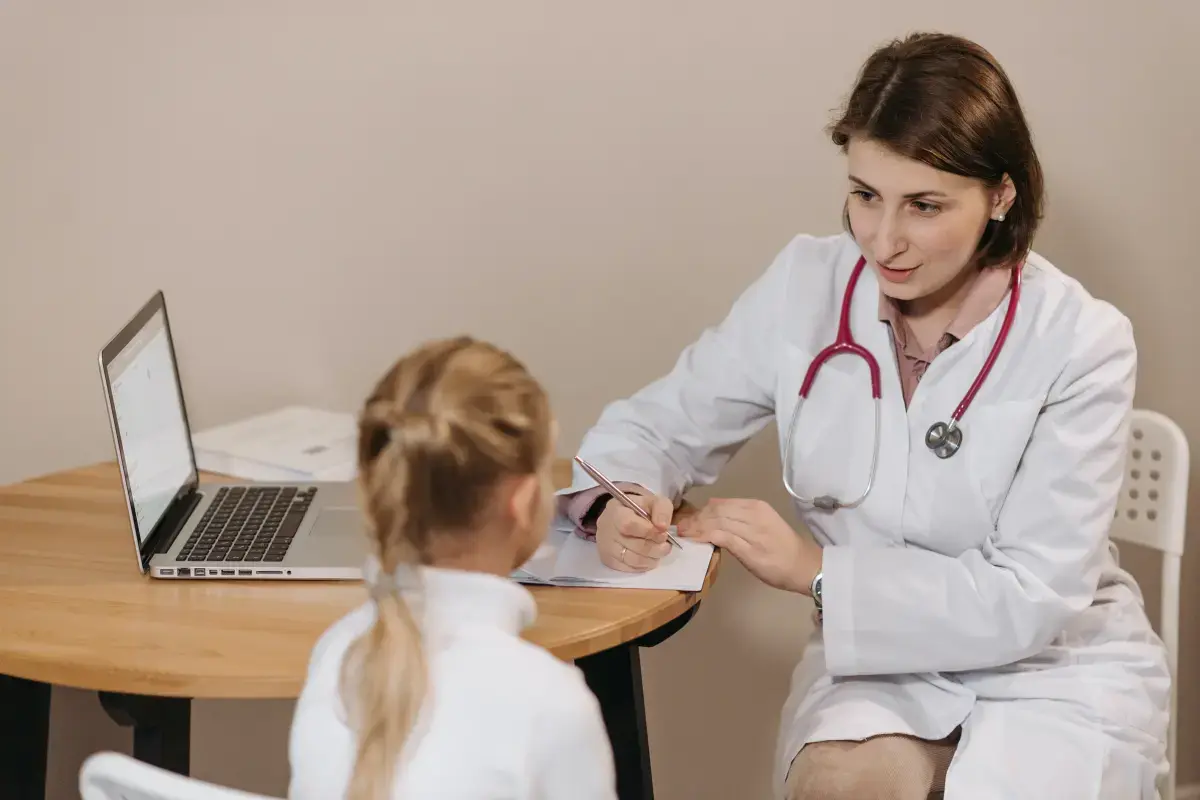
What are the Skills of a GP?
A GP, or general practitioner, is a doctor who provides primary care to patients. They are often the first point of contact for patients when they have health concerns and can refer them to specialist services if necessary. GPs usually work in private practices, although they may also work in hospitals or community health centres. To become a GP, you will need to complete an undergraduate medical degree and then undertake further training in general practice. In total, this process can take up to 5 years. As a GP, you will need to have excellent communication and interpersonal skills as you will be dealing with patients of all ages on a daily basis. You must be able to build trusting relationships with your patients in order to provide them with the best possible care.
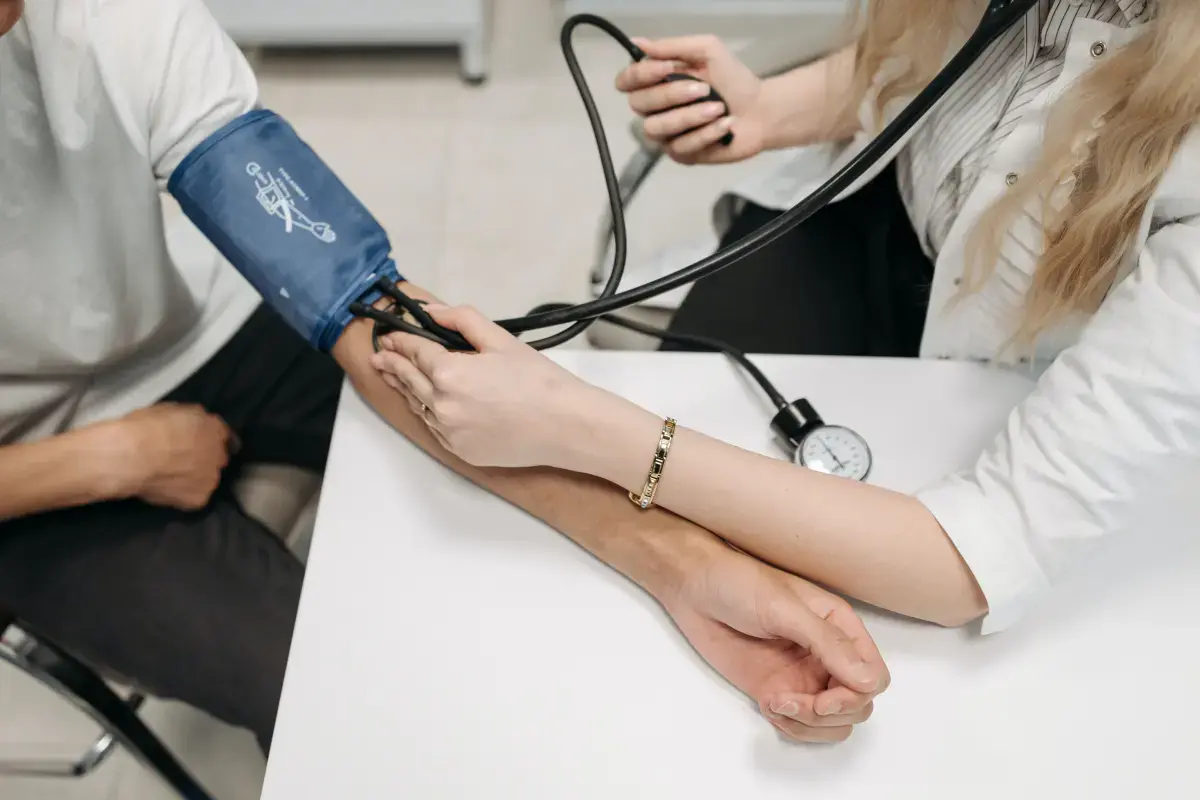
What makes an Expert GP?
You will also need good problem-solving skills as you will often be presented with complex cases which require careful diagnosis and treatment planning. Good organizational skills are essential as GPs must keep accurate records of their patient’s health history and treatment plans. In terms of specific medical knowledge and experience, GPs need a broad understanding of all aspects of medicine as they see patients with a wide range of conditions. However, they may also choose to focus their practice on certain areas such as child health or geriatric medicine. It is also important for GPs to keep up-to-date with new developments in medicine so that they can provide the most up-to-date care for their patients.
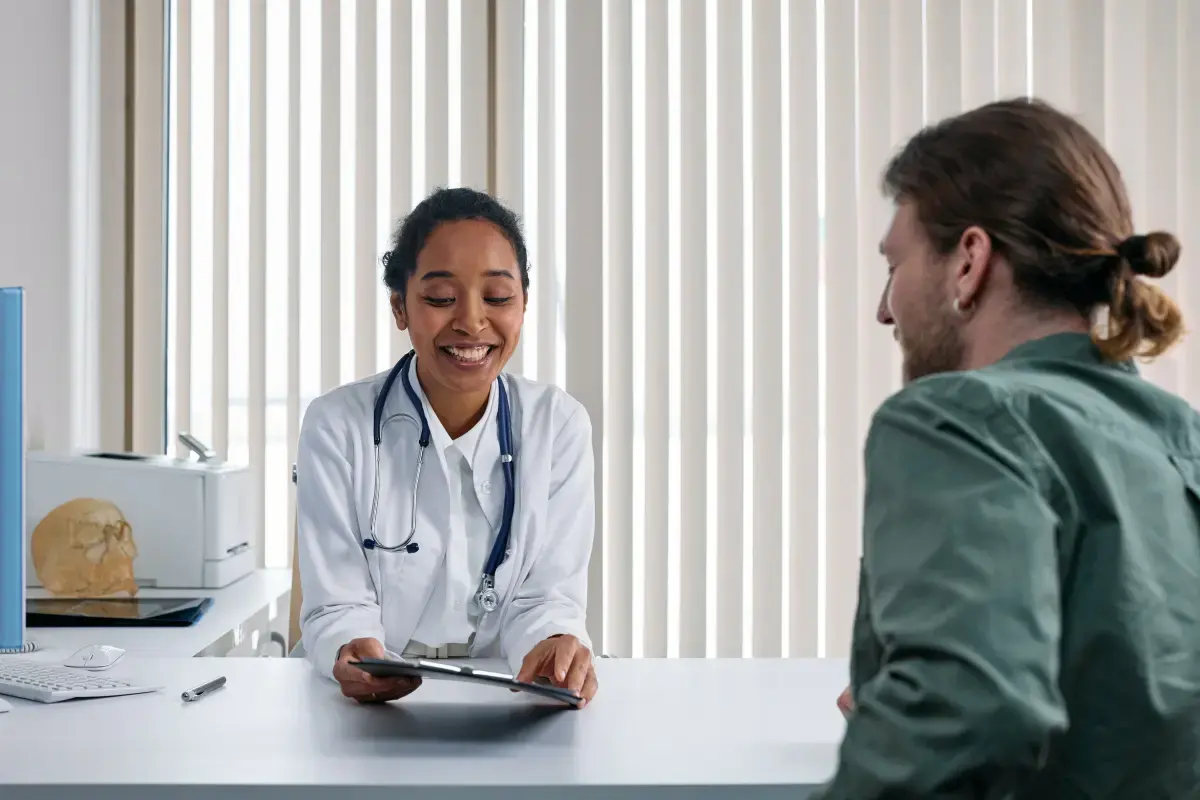
What level of Experience & Qualifications are required to be a GP?
Industry Experience: • At least 5 years of experience working in a medical field, such as nursing or physician assistant. • Demonstrated ability to diagnose and treat common illnesses and injuries. • Familiarity with primary care procedures, including physical exams, vaccinations, laboratory tests and imaging techniques. Training: • Completion of an accredited residency program in family medicine or general practice medicine. • Participation in continuing education courses related to the specialty area within the last two years (e.g., endocrinology). Qualifications: • Board certification by either Board of Medical Specialties (ABMS) or its equivalent for specialization areas like pediatrics or internal medicine is required for state licensure eligibility requirements. Education: • Doctoral degree from an accredited college/university recognized by governing bodies related to health professionals such as The Liaison Committee on Medical Education (LCME), World Federation for Medical Education(WFME)
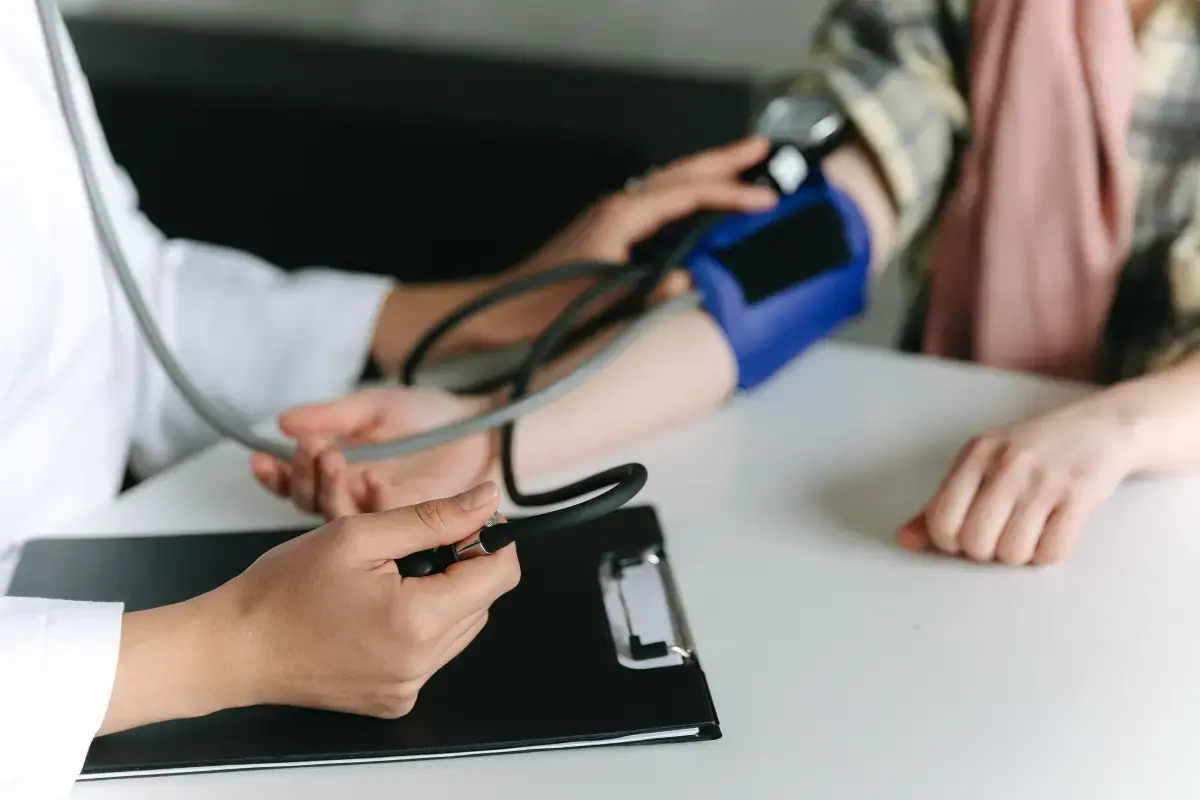
What is the Salary of a GP?
The salary expectations of a GP (General Practitioner) can vary greatly depending on experience, location and qualifications. For junior GPs working in the NHS, salaries start at around £36,461 per annum for a newly qualified doctor. This rises to £46,208 after achieving full registration with the GMC and completing Foundation Training when aged over 30 years old. For those who are under 30 or have completed their training outside the UK, this figure is slightly lower (£33-35k). After three years as an established GP trainee with additional responsibilities such as mentoring juniors/running specialist clinics etc., salaries increase again to between £50-60K per annum. Once fully qualified GPs move into salaried roles within primary care organisations such as practices or health centres they can expect to earn from approximately £61-72K depending on hours worked - part time doctors typically receive proportionally less than full time equivalents due to reduced patient contact times. Locums may also be able to command higher rates – up to approximatly €80/hour (€652/day). At senior level GPs tendering for contracts through Clinical Commissioning Groups should look towards earning upwards of circa£90k+ per annum dependant upon whether they’re working solely on general practice duties or augmenting their income by taking other clinical activities; these could include out of hours shifts and community work amongst others which will all add onto overall earnings potentials significantly every year along with any private patients seen too if applicable.
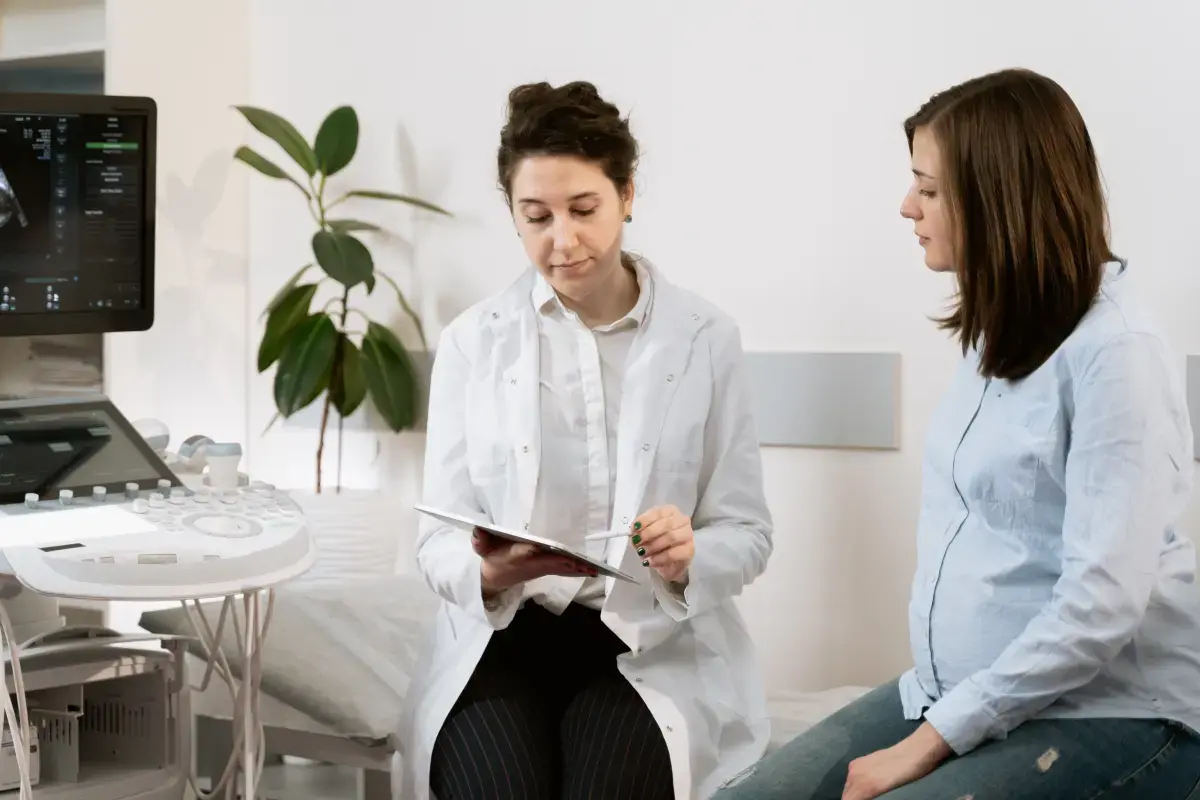
What are the Working Conditions for a GP?
General working conditions for a GP depend largely on the particular practice in which they work. Generally speaking, GPs will typically work anywhere from 40 to 60 hours per week and may be required to do shift or weekend work depending on their employers needs. They are likely to see patients of all ages and backgrounds, with varying levels of physical and mental health problems. The majority of consultations take place face-to-face at either a surgery or hospital premises; however, some surgeries use telephone calls or video conferencing when appropriate. During these consultations GPs diagnose medical conditions, provide advice about treatments and refer patients on for specialist care if needed. GPs often have administrative duties too such as writing reports/letters related to patient care, filing paperwork involving information collected during appointments and dealing with insurance companies regarding payments etc., so good organisation skills are essential. Working as part of a team is also important – alongside other doctors there can also be nurses present who help support the delivery of healthcare services within the practice itself (e.g immunisation programmes). Good communication between members of staff is essential in order for successful diagnosis & treatment plans to occur efficiently & effectively - this type environment requires flexibility & adaptability both towards colleagues & patients alike
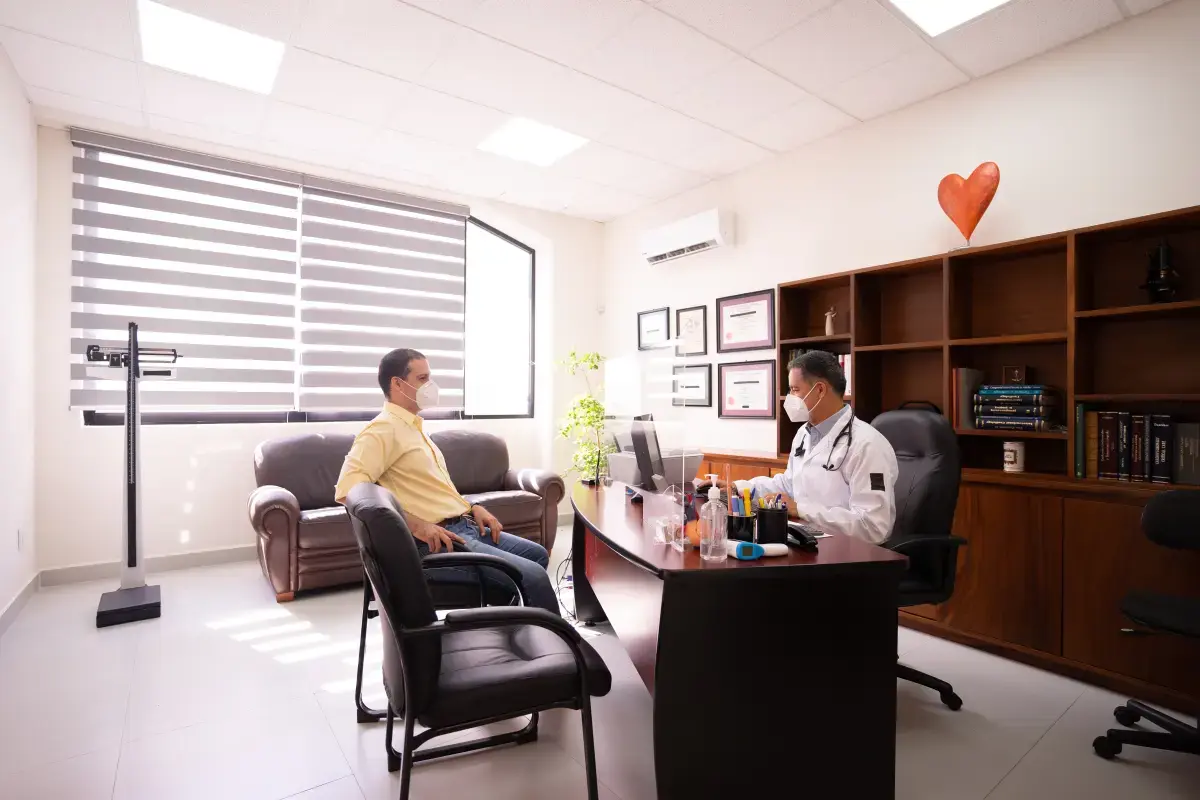
What are the roles and responsibilities of a GP?
Providing primary health care services to patients
Referring patients to specialists and other health care professionals
Prescribing medication for patients
Ordering and interpreting diagnostic tests for patients
Counseling and educating patients on lifestyle choices, preventive measures, and treatment options
Conducting physical examinations of patients
Recording patient medical histories
Identifying risk factors and warning signs of illness or injury
Monitoring the health of pregnant women and young children
Coordinating care with other members of the healthcare team
Participating in continuing education opportunities to keep up-to-date on best practices
Serving as a patient advocate
assuming accountability for cost-effective care
developing trusting relationships with individual Patients
Utilizing technology resources
adhering to evidence based guidelines
monitoring disease trends in the community
participating in research studies
staying abreast of current developments in ones field
providing leadership within ones practice
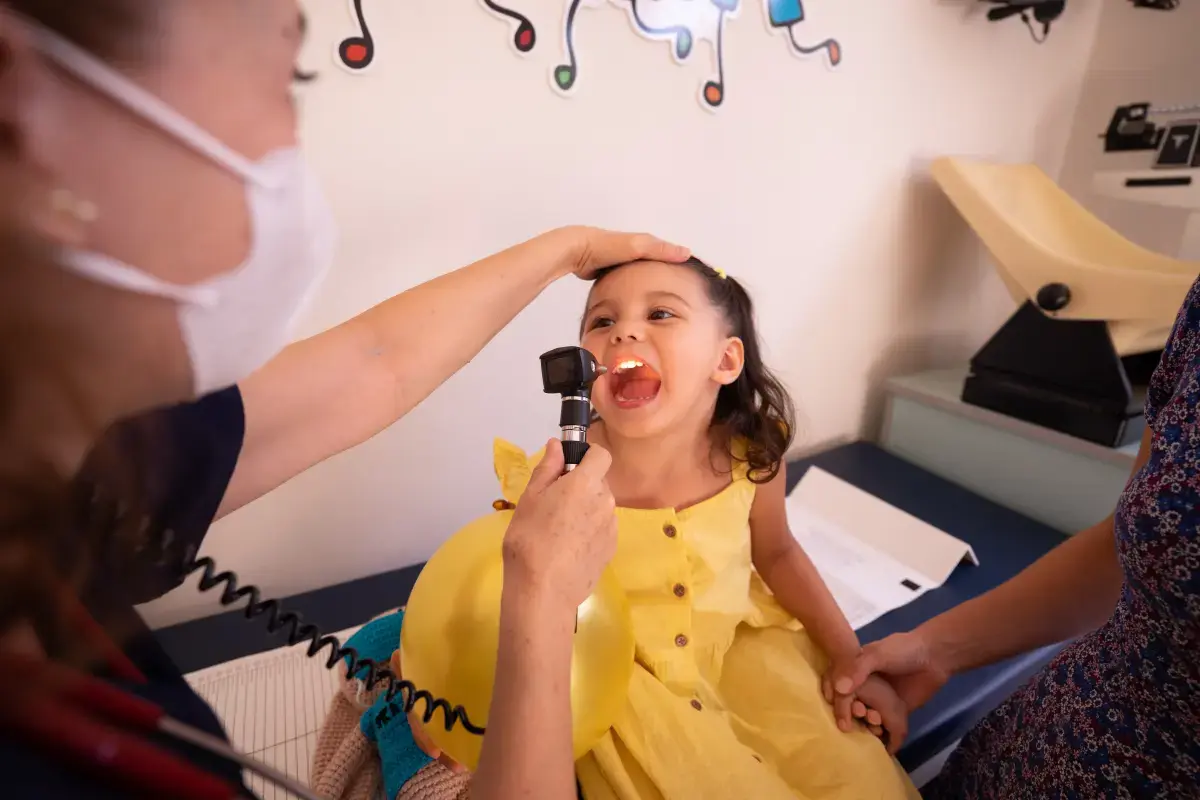
Where can I find GP jobs?
- Create a profile on gigexchange and promote your GP skills to advertise you are Open to New Work Opportunities
- Ensure your Resume (or CV), or online work profile is up to date and represents your skills and experience. Ensure your reputation reflects your ability & attitude.
- Apply for GP Jobs advertised on gigexchange.
- Practise GP interview techniques to ensure you represent your personality and ability succinctly and confidently.
- Accept the job offer if the salary meets your expectations and the employer mission and purpose reflects your core values.
Jobs
What are the best job boards for General Practitioner jobs?

How can I hire GP staff online for my business?
The best job board for recruiting GP experts is gigexchange.com. Advertise full-time, part-time or contract jobs to find, hire & recruit trusted, experienced and talented GP candidates near you.

Are GP roles in demand in 2026?
GP experts are still in high demand in 2026. If you are an experienced GP or looking to train and become one. The job market is looking strong for GP jobs near me.